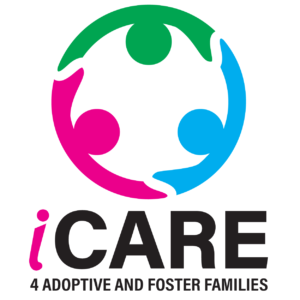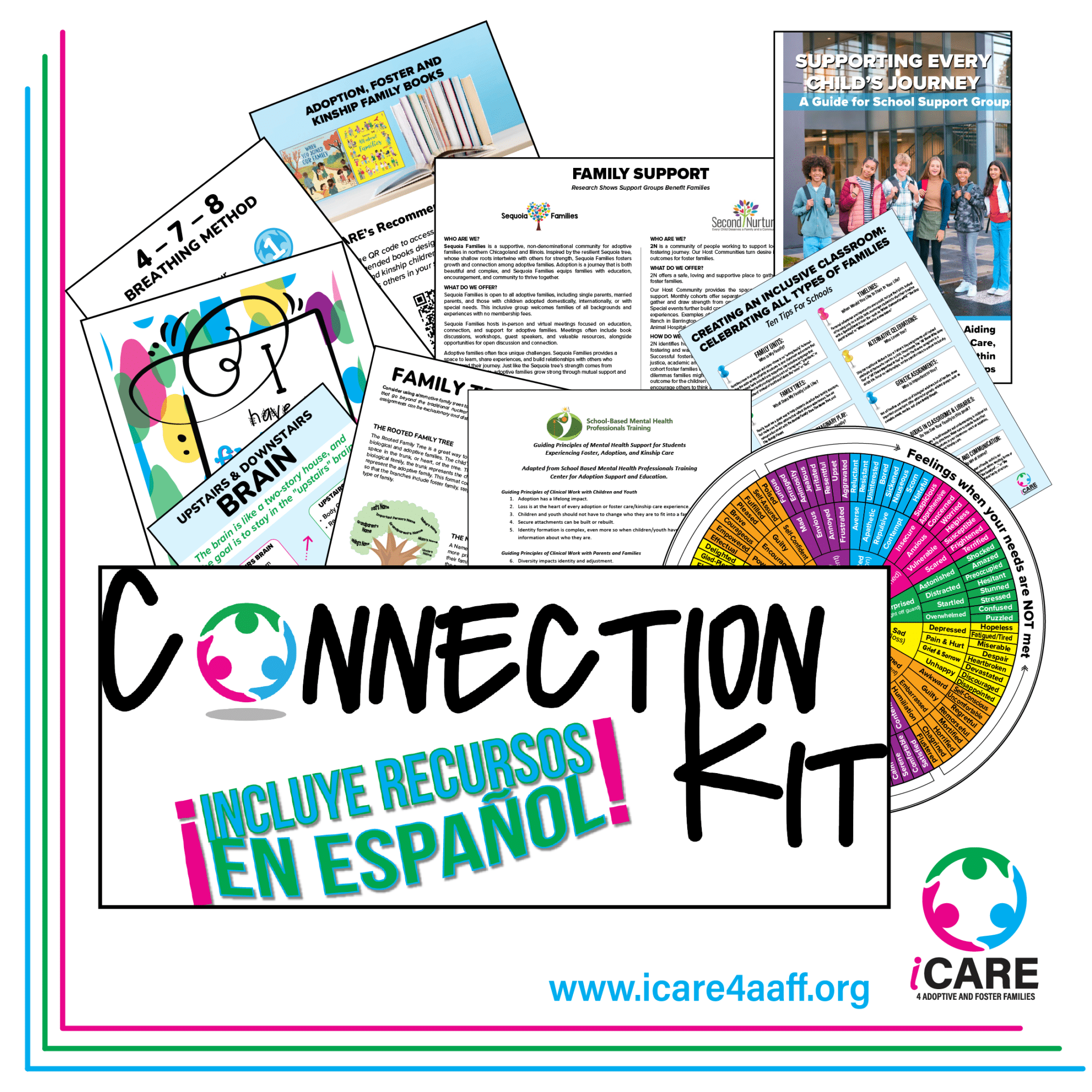An Adoptive Parent's View on the 'Adopt a Peep' Project

An Adoptive Parent's View on the Adopt a Peep Project
The day after my son’s 9th birthday, he came home from school with a mix of confusion and concern in his eyes, holding a small object—the ‘peep’ he was tasked with caring for as part of the ‘Adopt a Peep Project.’ As he shared the instructions, I felt a wave of unexpected emotion. What was intended as a simple lesson in responsibility felt like an unsettling echo of his own adoption journey.
For those unfamiliar, the Adopt a Peep Project is a popular elementary school project designed to teach children the value of responsibility. Children create a narrative about their “adopted” item, including its name and birthdate, resulting in an ‘All About Me’ page. Children who journal daily about their peep and bring it to school each day receive a special prize upon returning it at the end of the week.
For my son and many families like mine, this was far from a fun, lighthearted assignment. Instead, it left us feeling frustrated, anxious, and overwhelmed. The day after his birthday, my son was expected to write about becoming a ‘new adoptive parent to a peep,’ an exercise that seemed to trivialize the profound journey of adoption. For many adopted children, the wounds of displacement and abandonment are unfortunately all too common.
We considered not allowing him to participate in the project, but we were conflicted by the implications of that choice. By opting out, we risked further isolating him, marking him as different because he is adopted. This dilemma underscored the complexity of navigating identity and belonging in such situations. I felt a mix of shock and distress, realizing that the project inadvertently highlighted themes of temporary belonging and the idea of ‘returning’ one’s adopted peep—a concept that resonates deeply with feelings of insecurity and abandonment for many adopted children.
While I understand the project was not meant to cause harm, the experience highlighted the need for greater sensitivity and awareness in educational settings. Children need to feel safe, secure, and connected to learn best, yet projects like these can and do provoke the opposite feelings for too many children and families.

